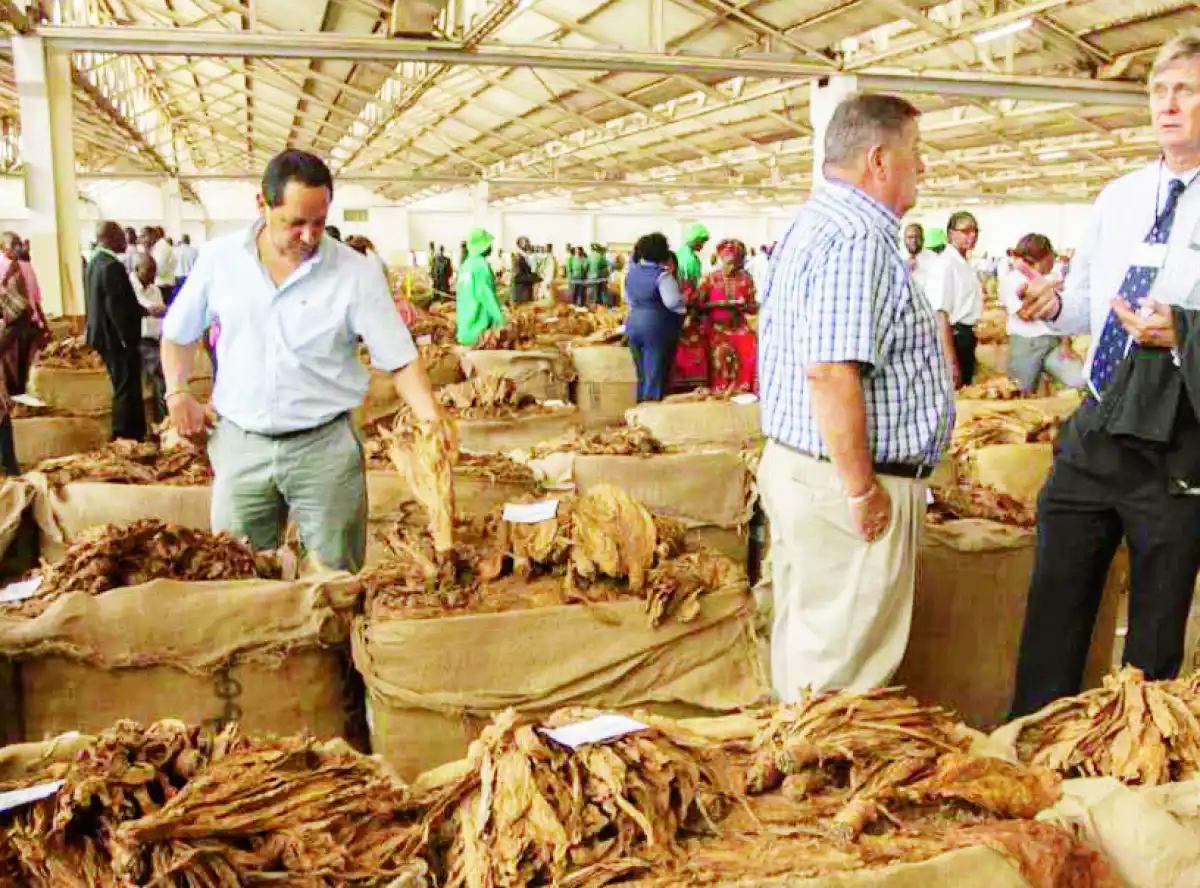
By Kingsley Jassi:
Tobacco market demand for next season has grown by 12 percent as buyers project to buy over 213 million kilogrammes (kg) of all types of tobacco, figures from industry regulator, Tobacco Commission, show.
This is up from 190 million kg that was demanded last year. But farmers failed to meet the demand and only supplied 133 million kg.

According to TC spokesperson Telephorus Chigwenembe, the regulator expects a rise in output.
“In their preliminary indications, buying companies have indicated a total of 213 million kilogrammes as the trade demand for the 2024- 2025 tobacco farming season. Buying companies are expected to confirm this demand early 2025,” Chigwenembe said.
However, he said the buyers who will participate in the next buying season are yet to be licenced, expecting the exercise towards the end of the year.
This follows a 23 percent increase in the expected tobacco volumes due to higher growers’ interest for this season’s production.
Statistics from the TC earlier showed farmers have indicated to produce 220 million kg of tobacco against last year’s 177 licenced volumes and the TC attributes the surge to the outturn of last marketing season which saw buyers offer higher prices on the market.
However, despite licensing production of the 177 million kgs last season, the farmers failed to meet that expected output and more so the 190 million kg as they only supplied 133 million kg.
In the 2024 marketing season, the country recorded a 40 percent increase in total sales, generating over $396 million up from $283.76 million in 2023.
With many neighbouring countries are experiencing sharp drops in produced tobacco volumes, the country’s 40 percent increase was supported by increased competition by buyers leading to higher prices.
In the season, volumes increased to 133.1 million kg from 120.5 million kg in 2022, according to an earlier TC report.
The country’s tobacco farmers have struggled to meet demand over the last four years, attributing this to low prices that discouraged many growers amid high cost of production.








0 Comments